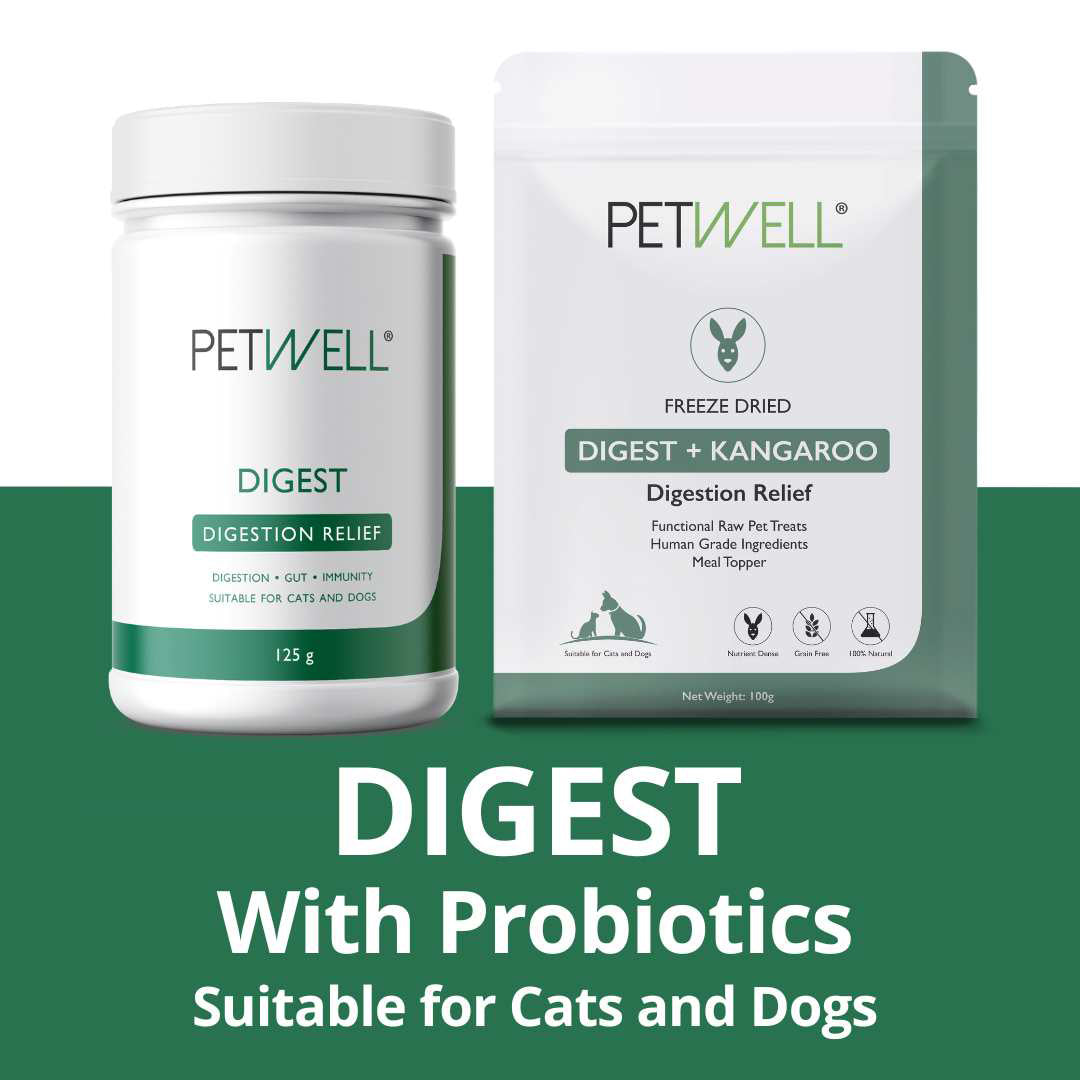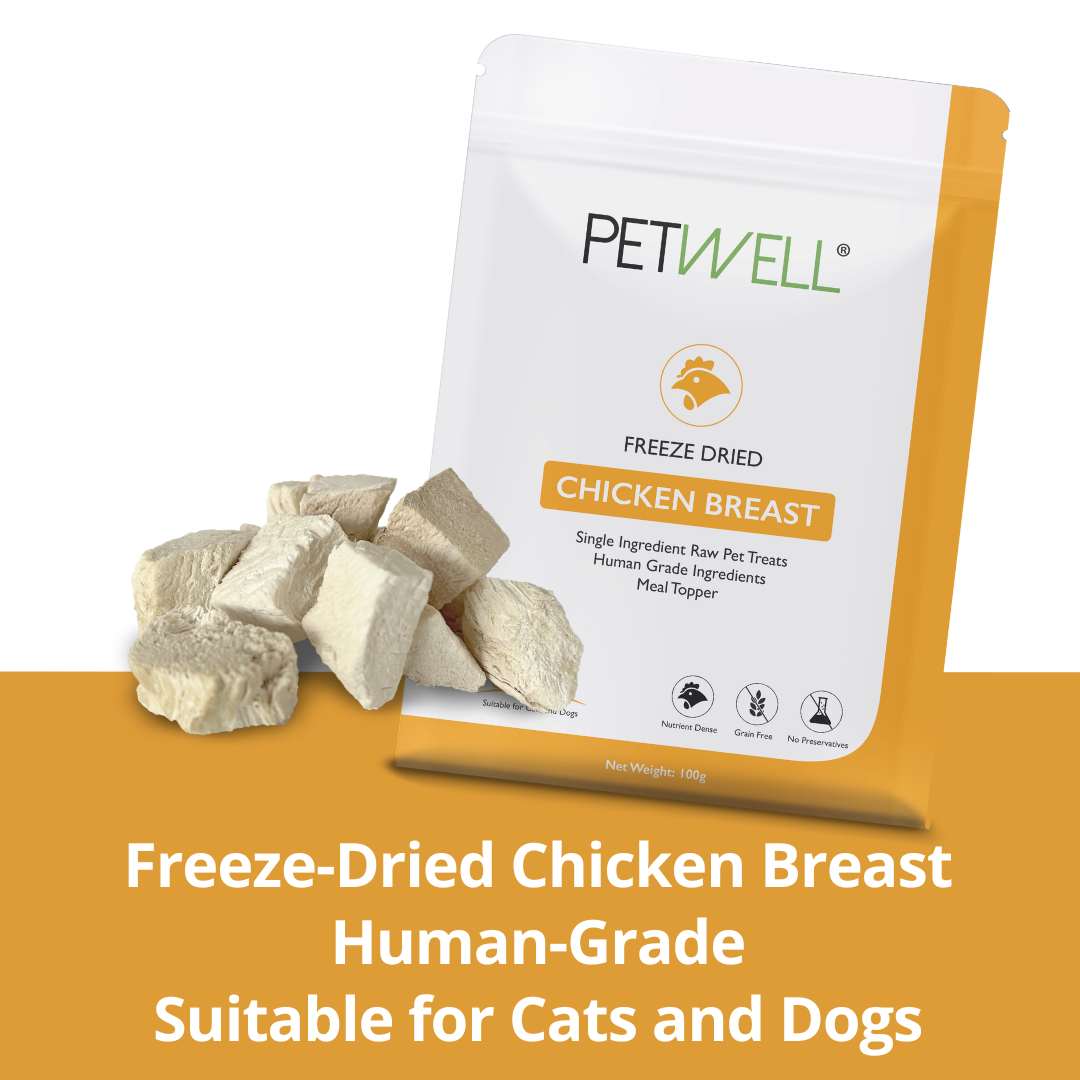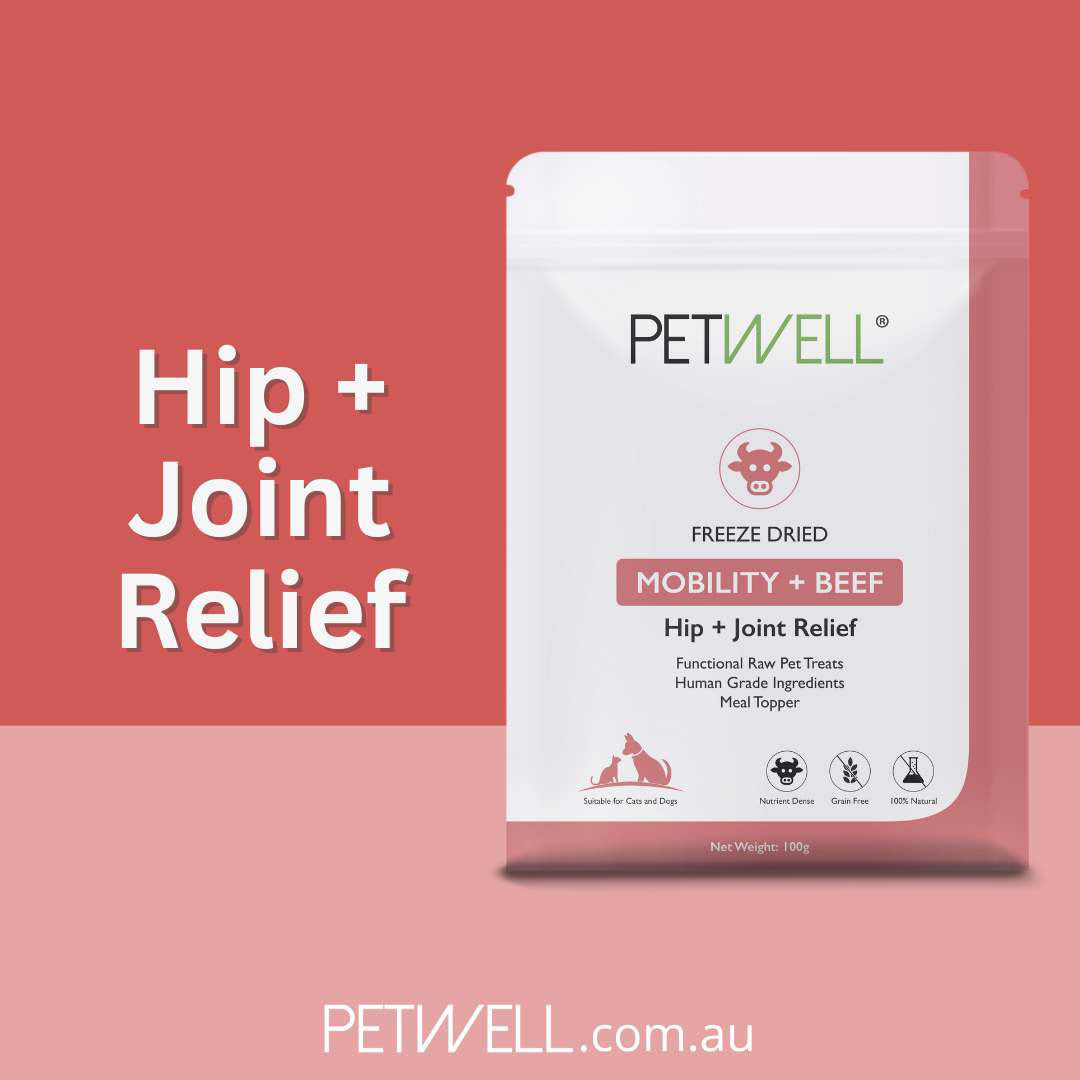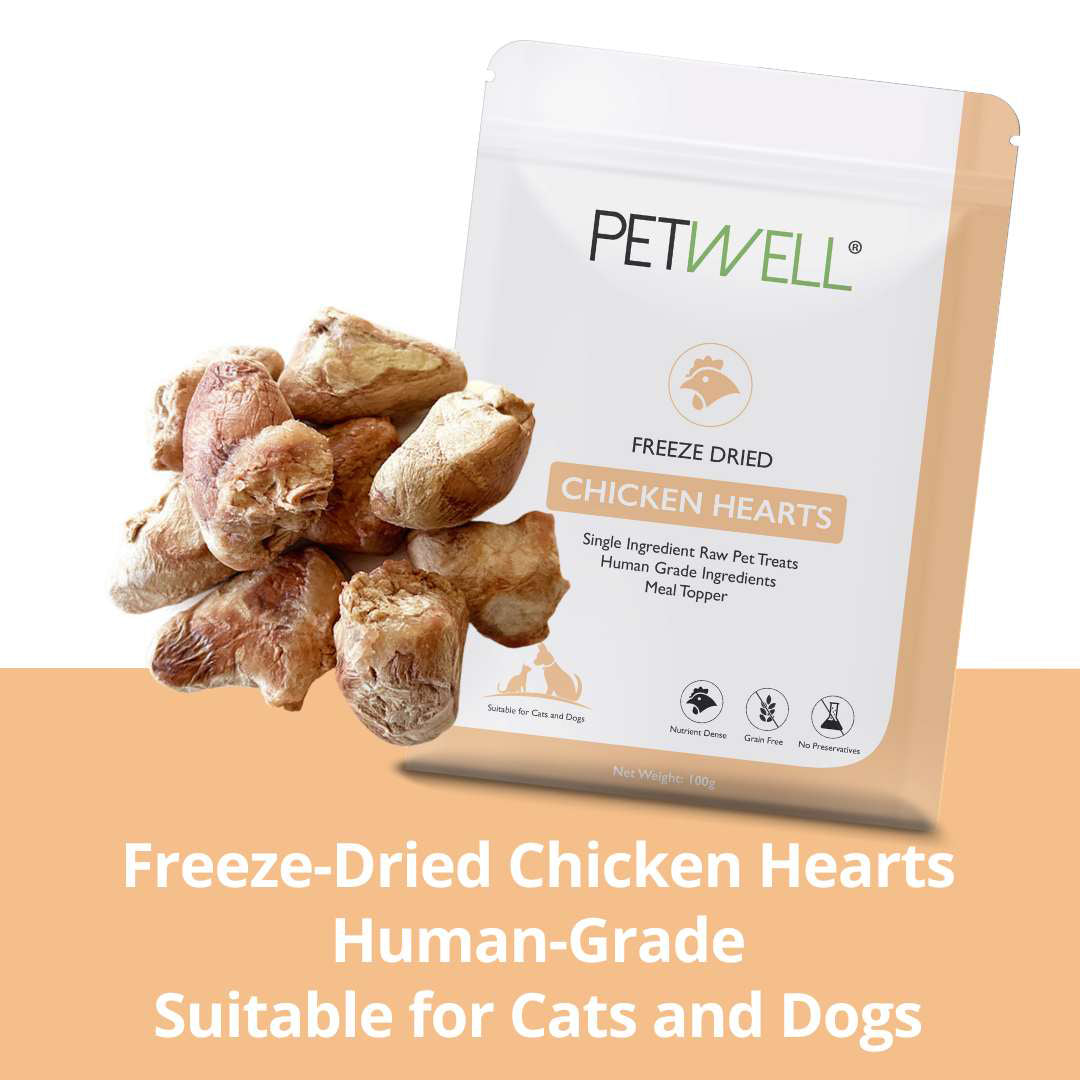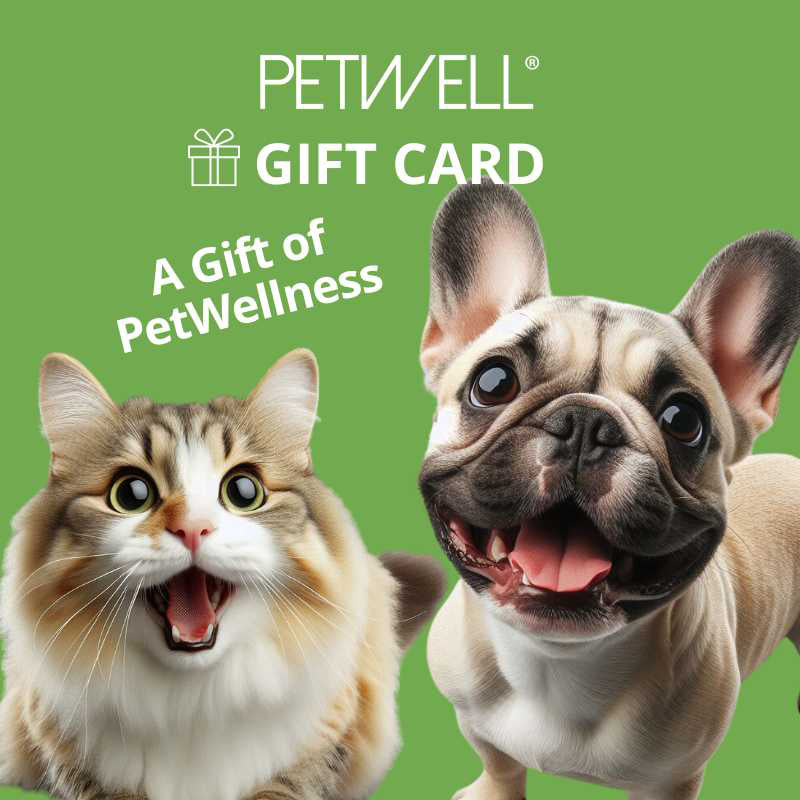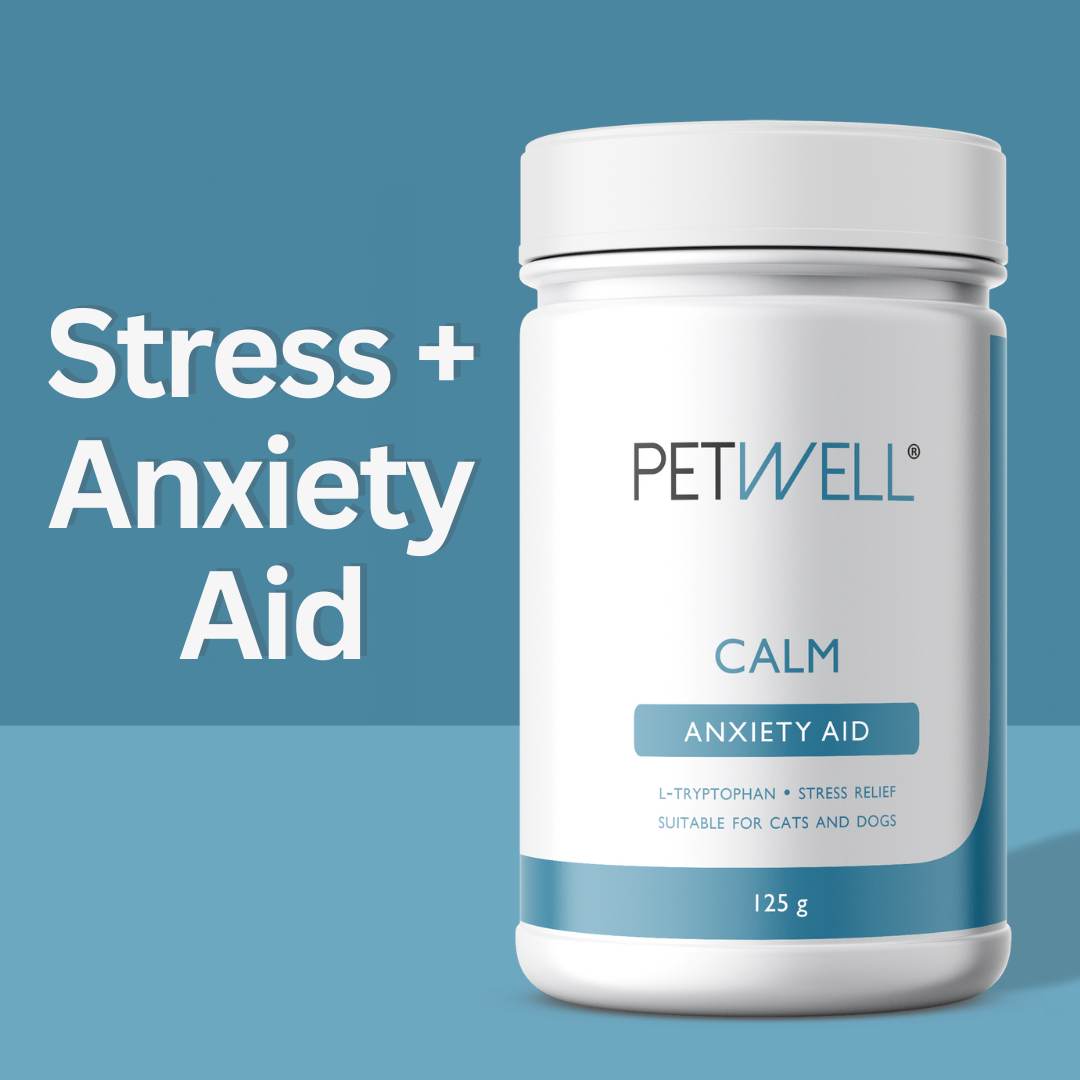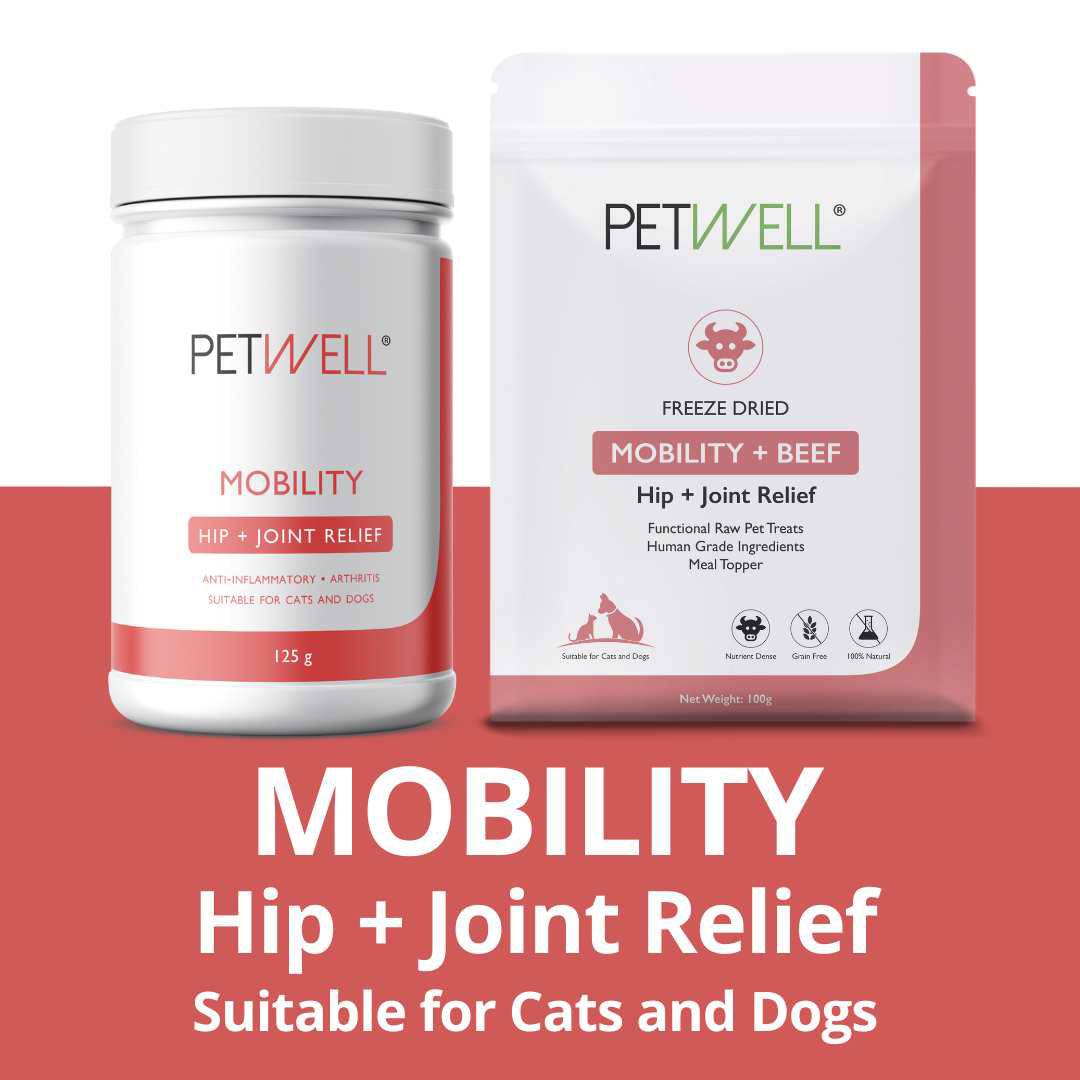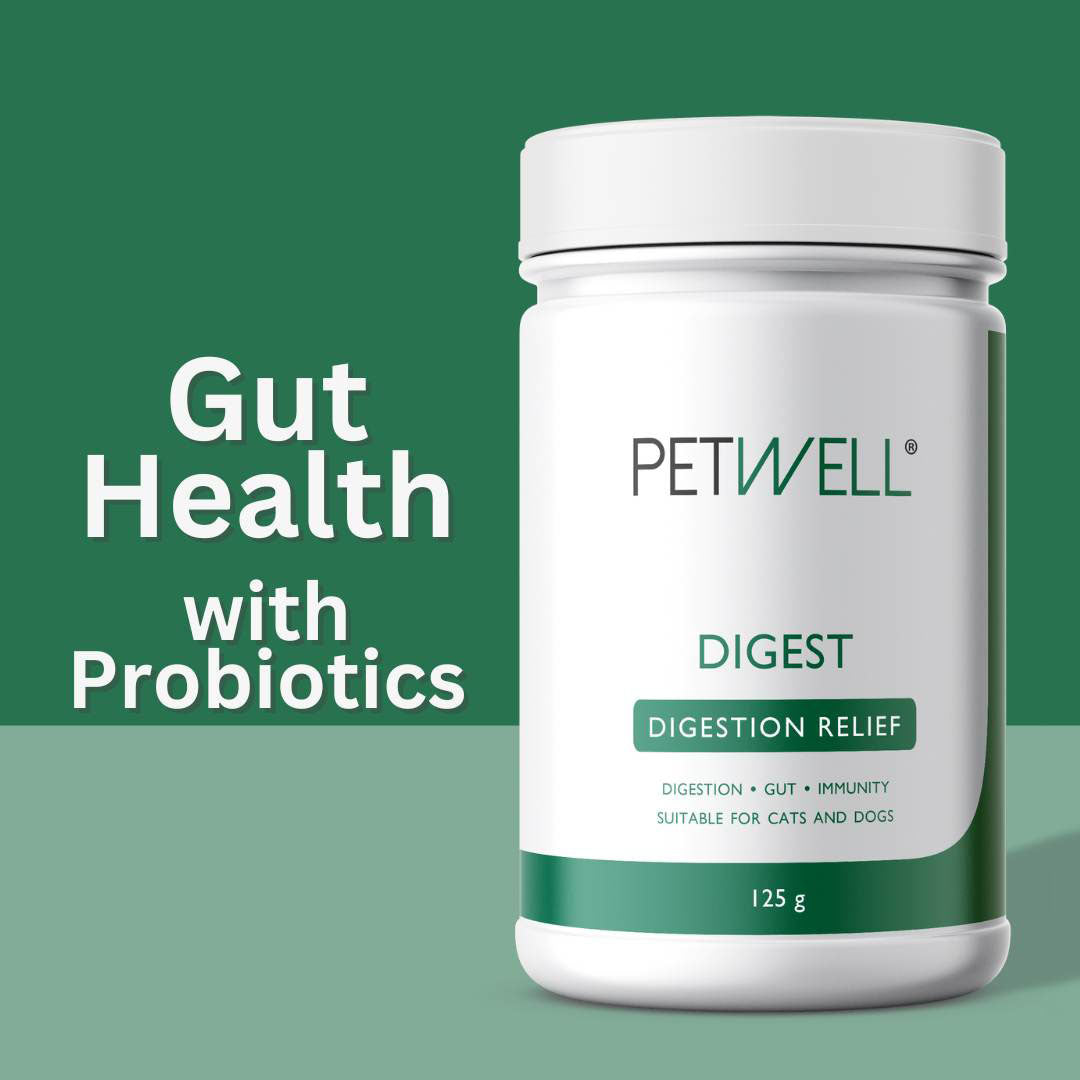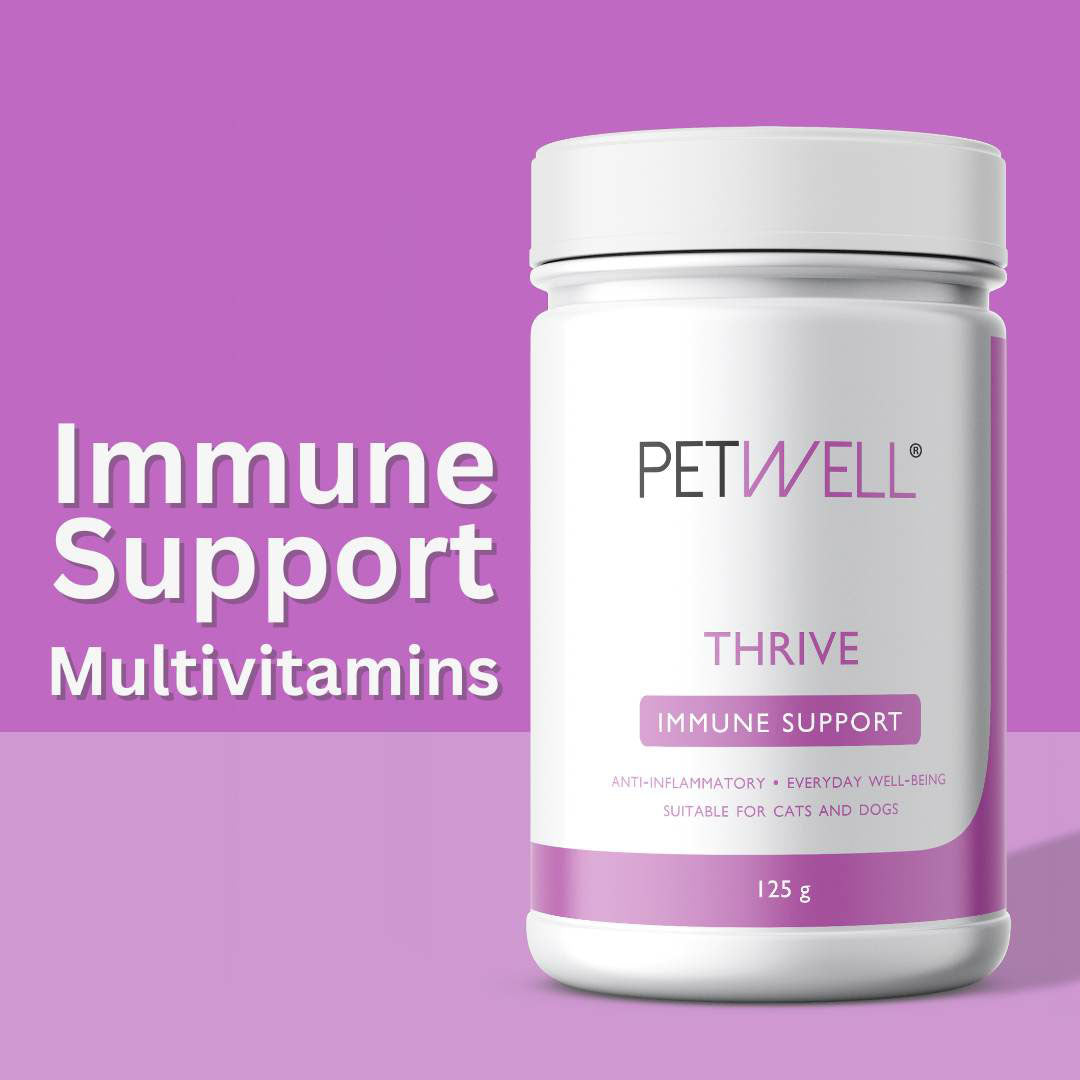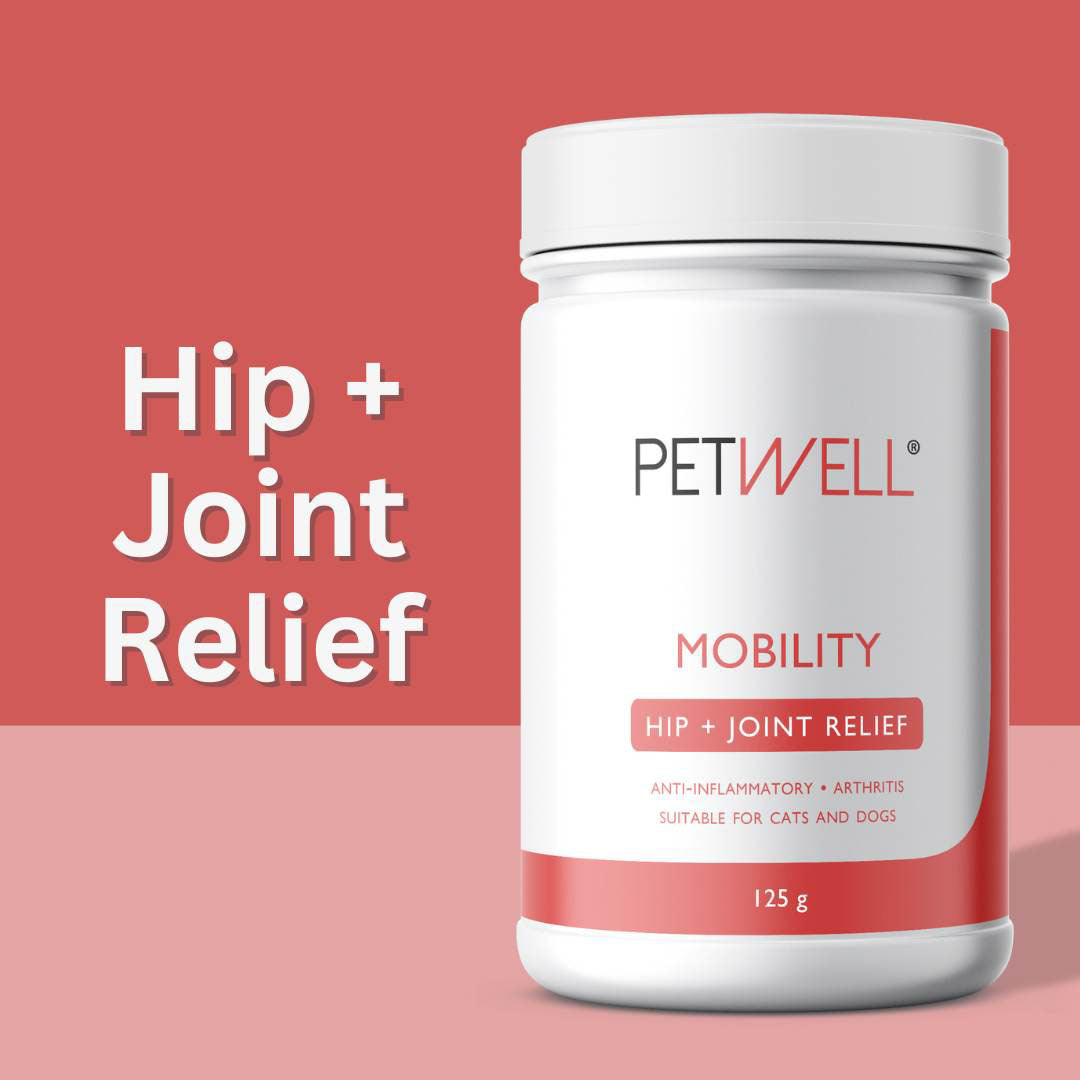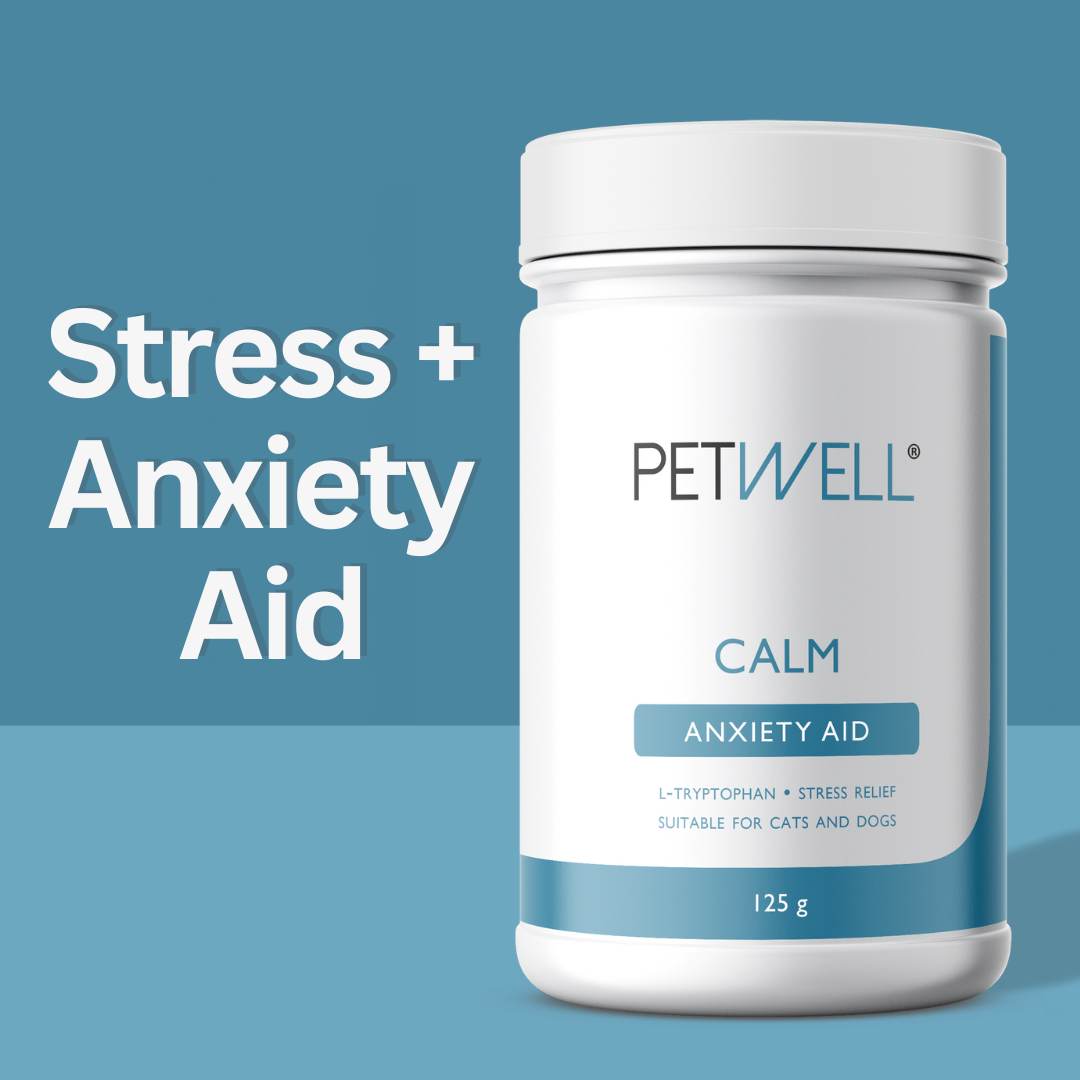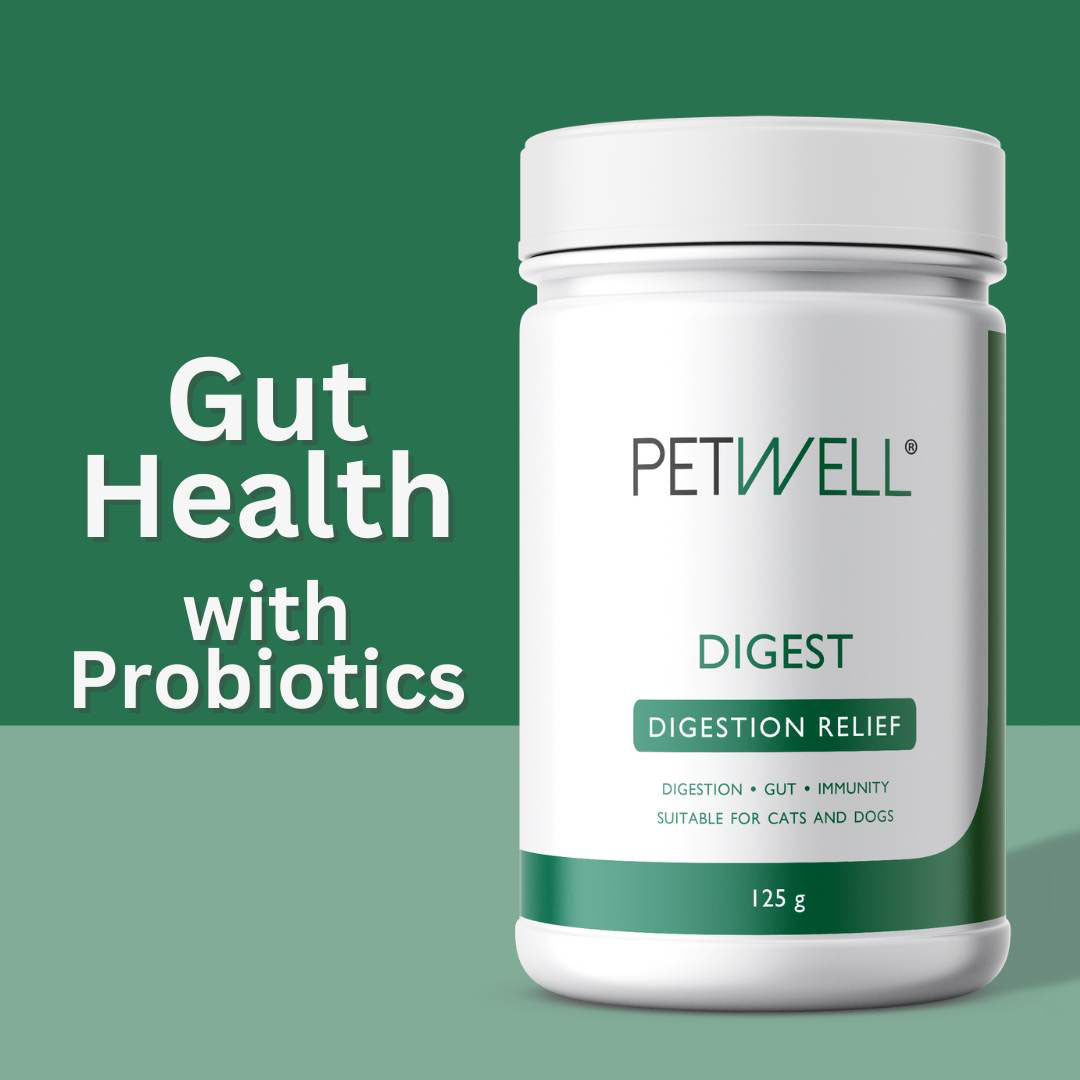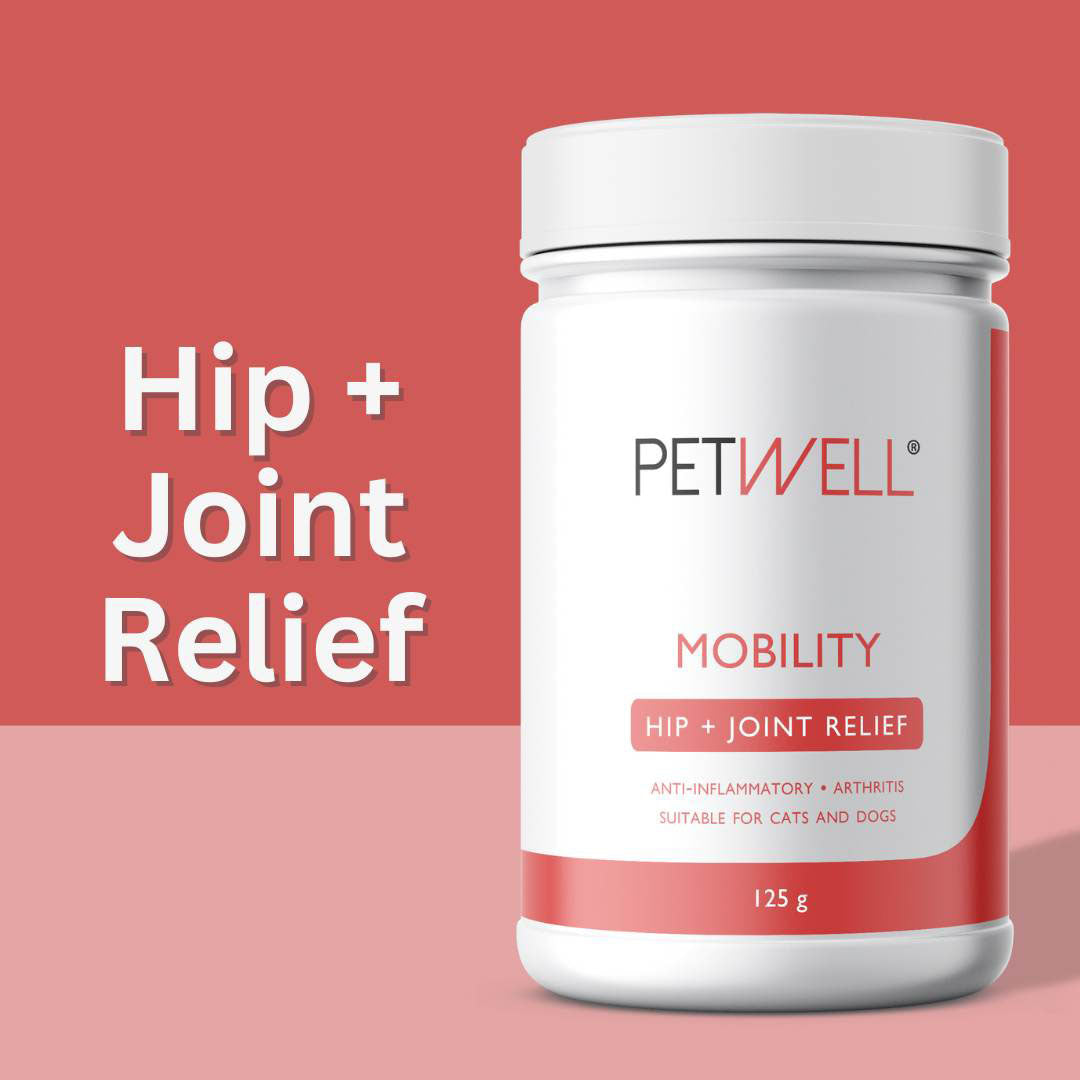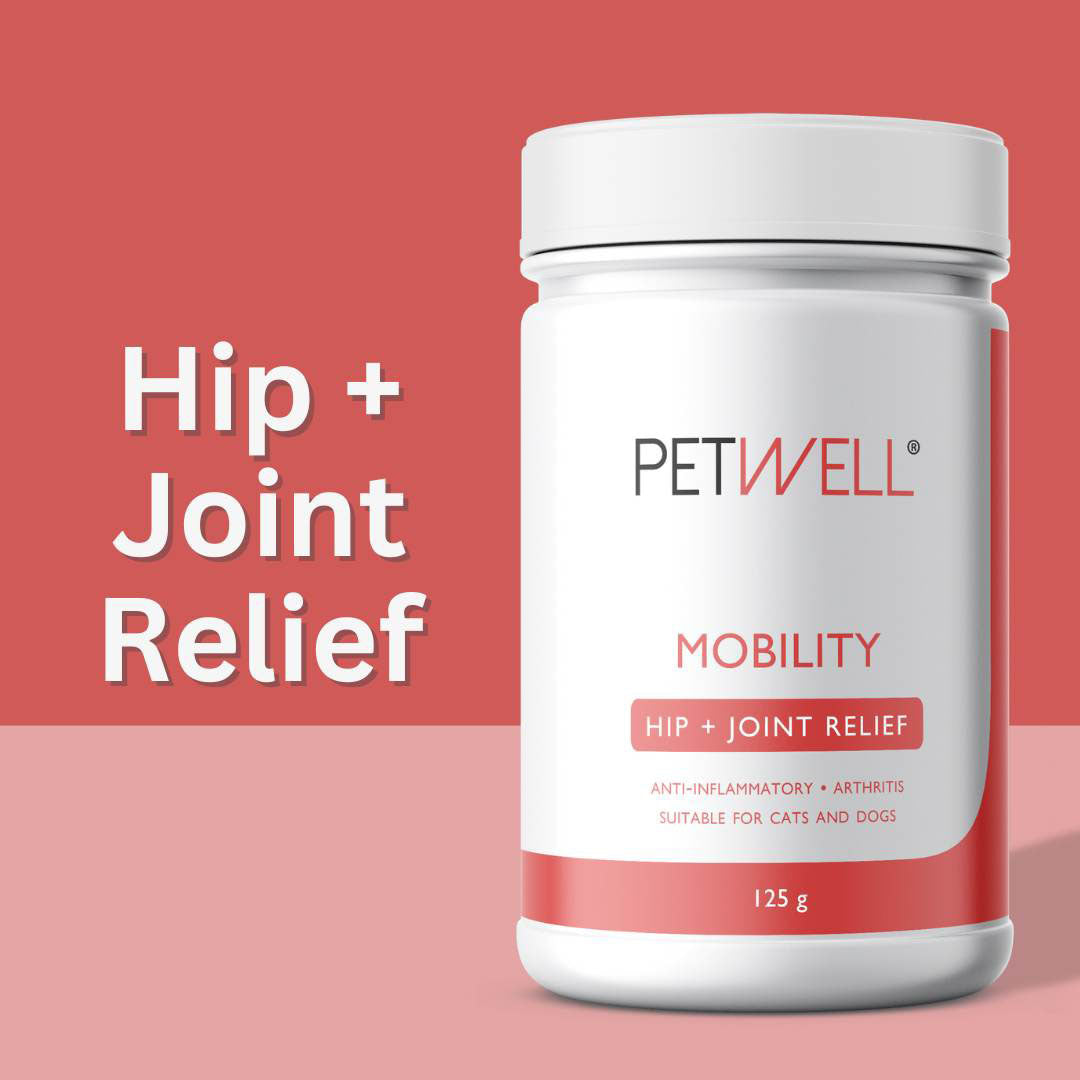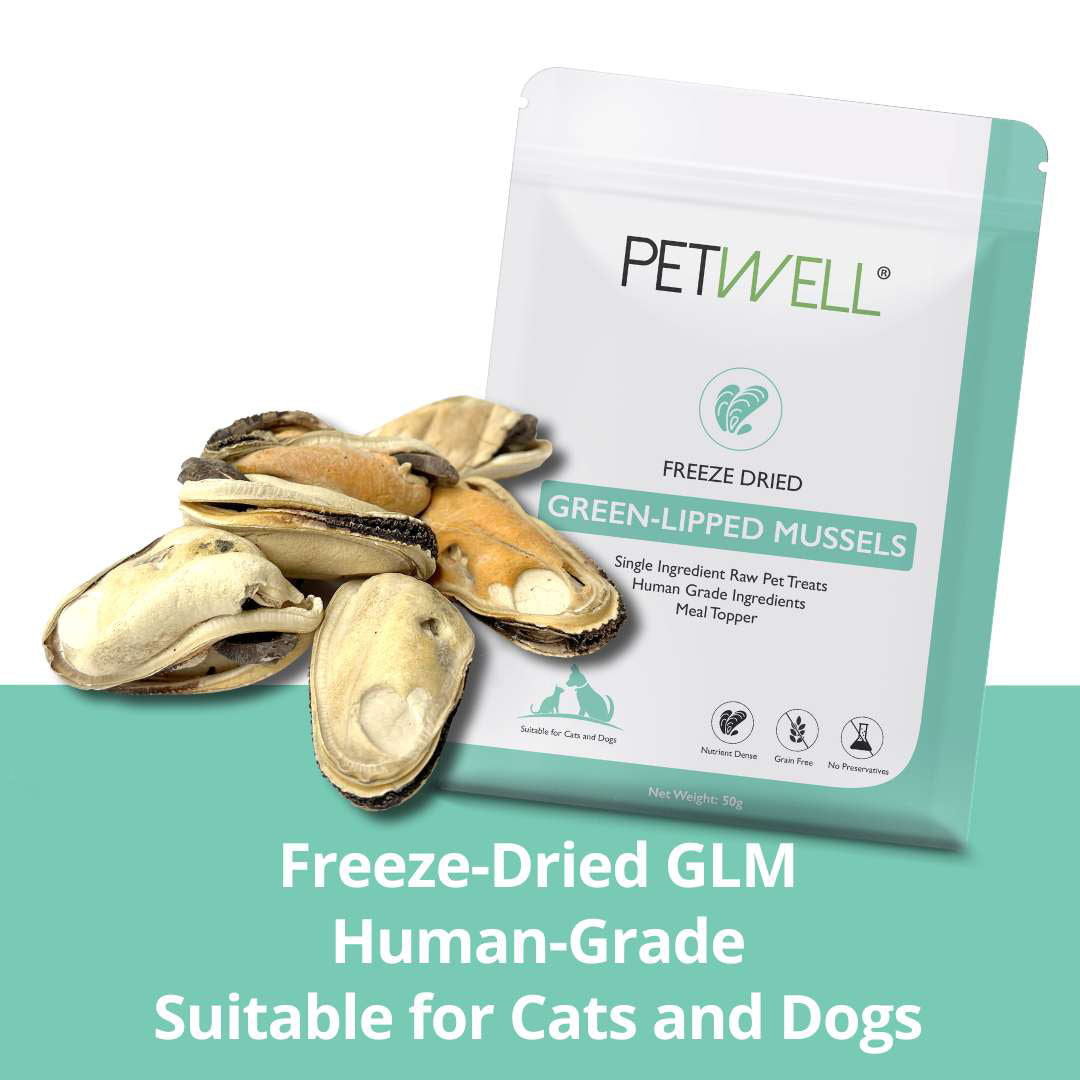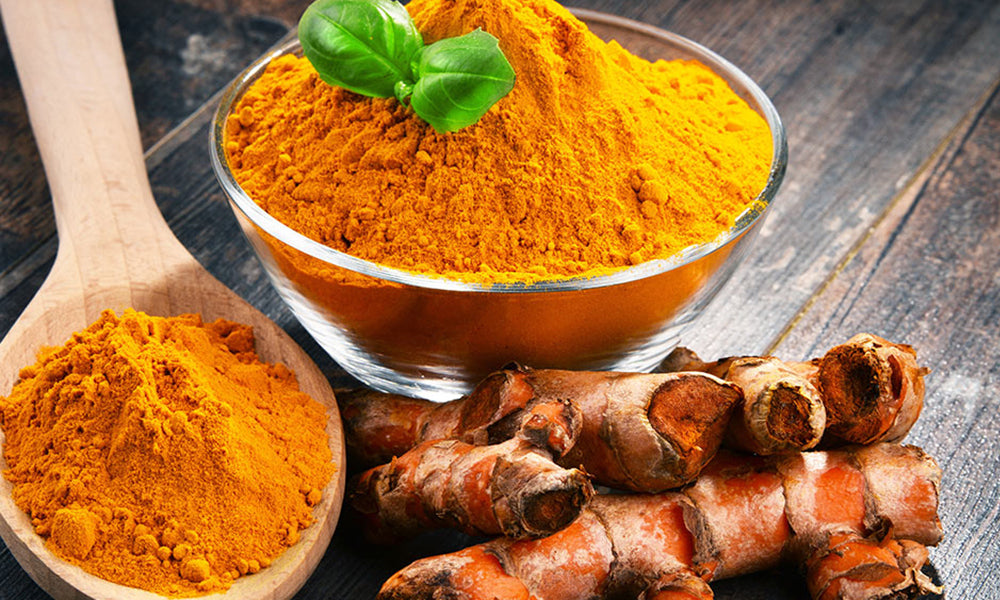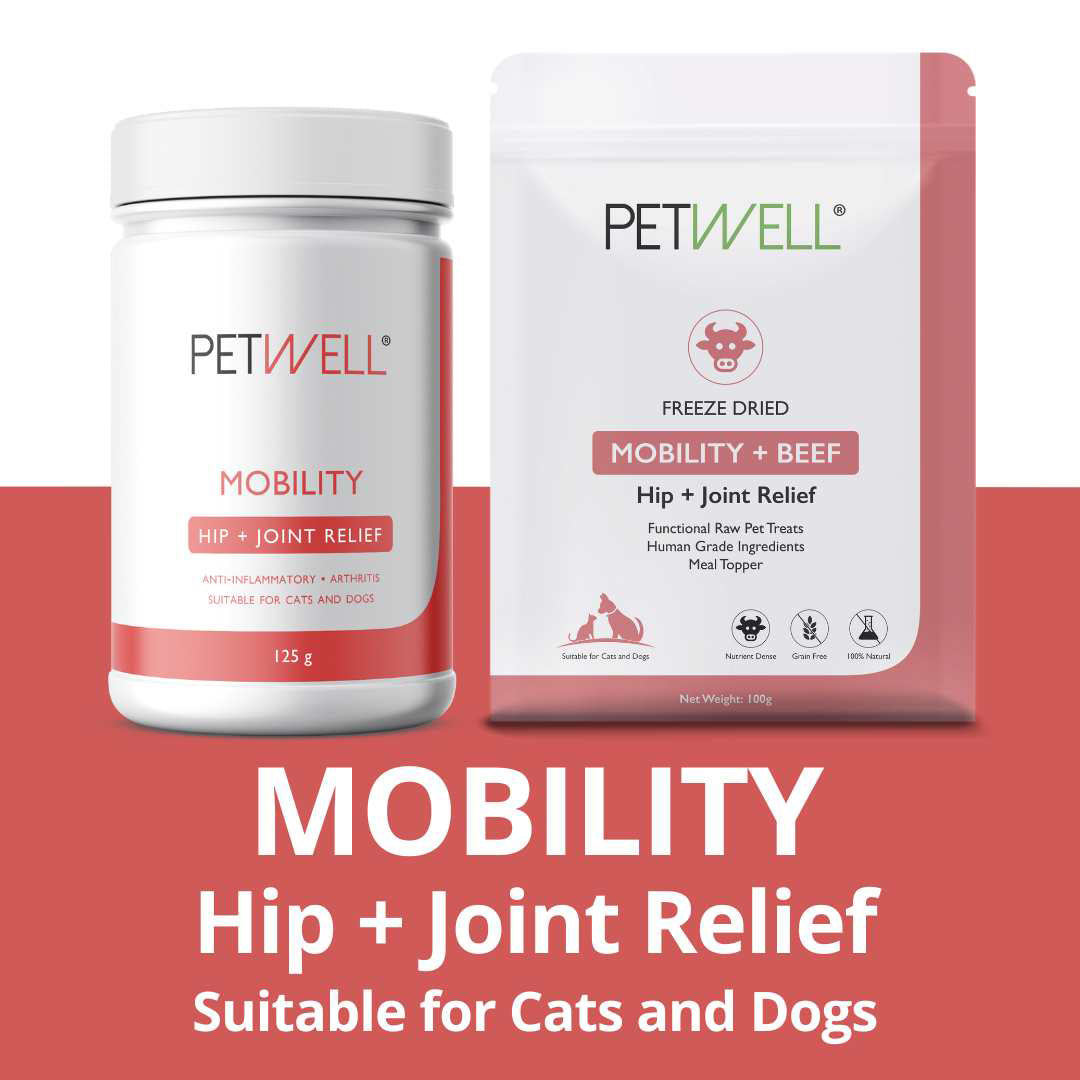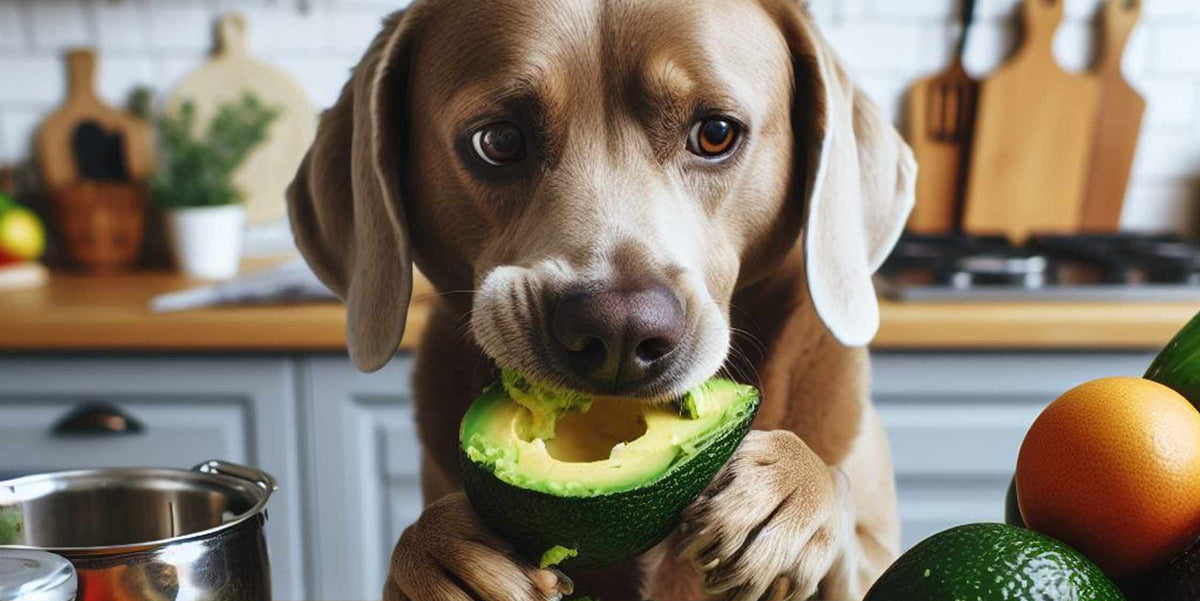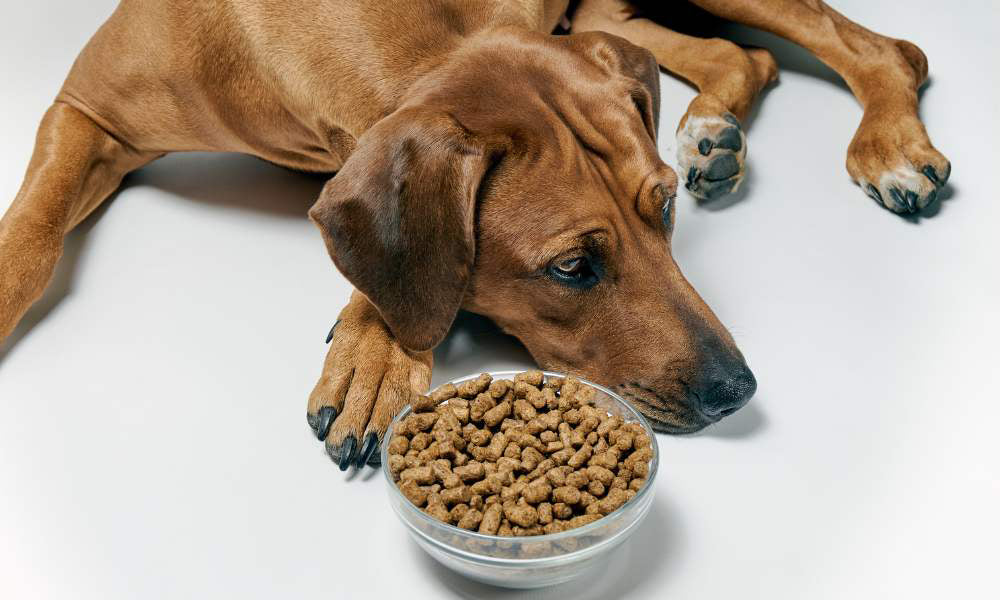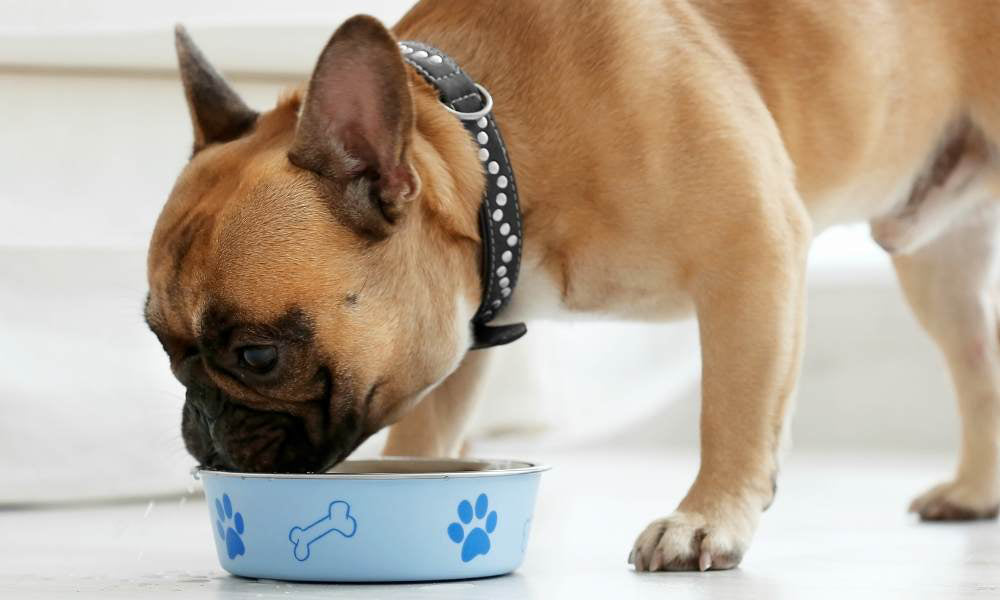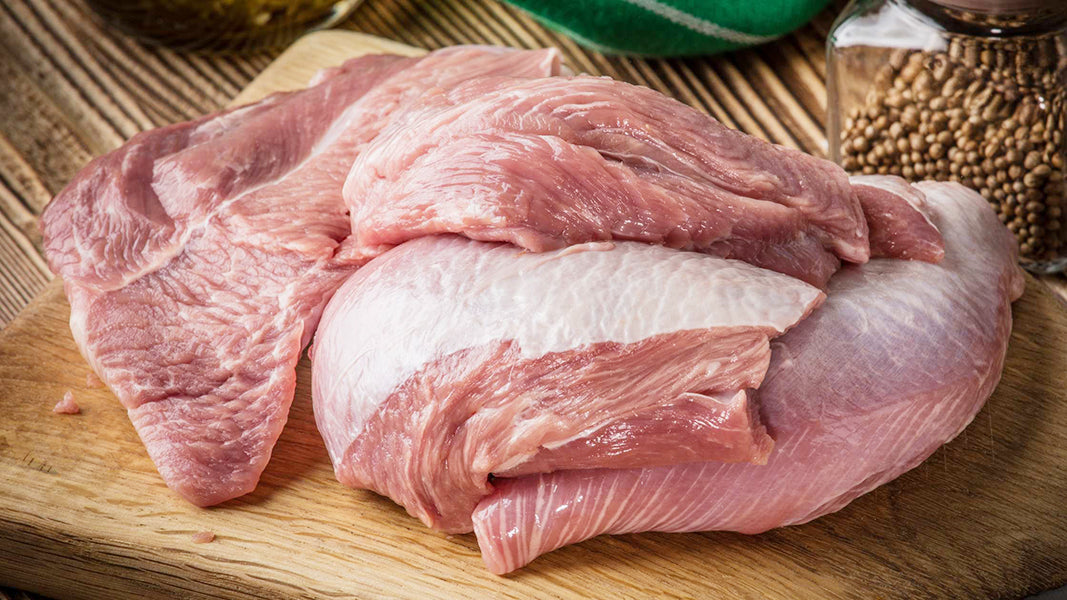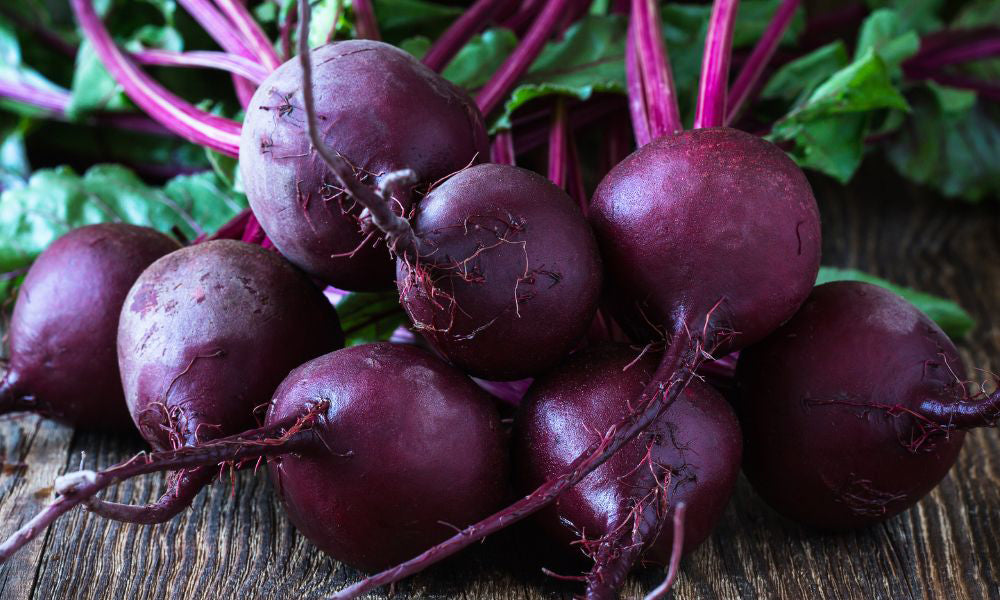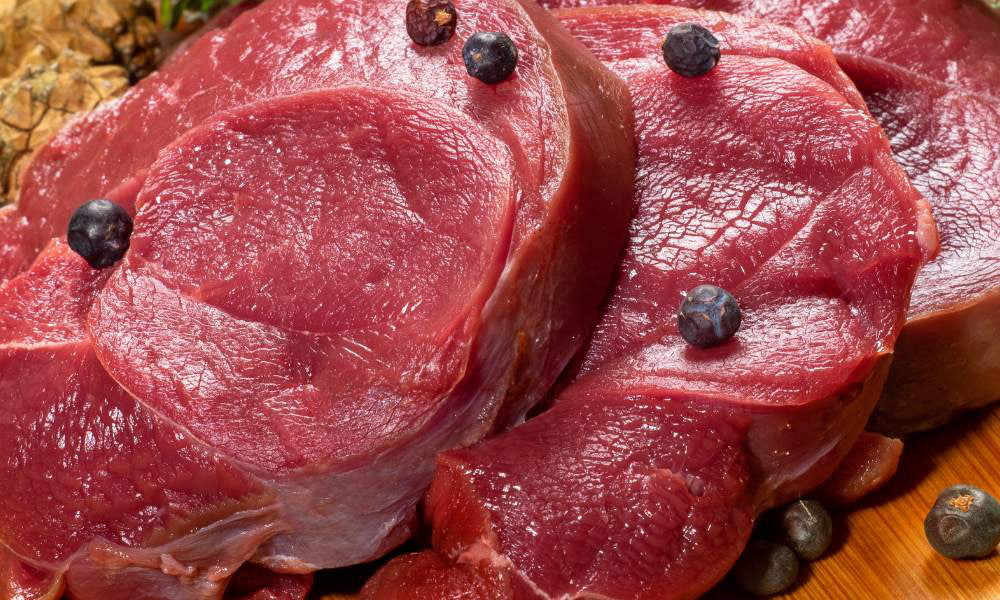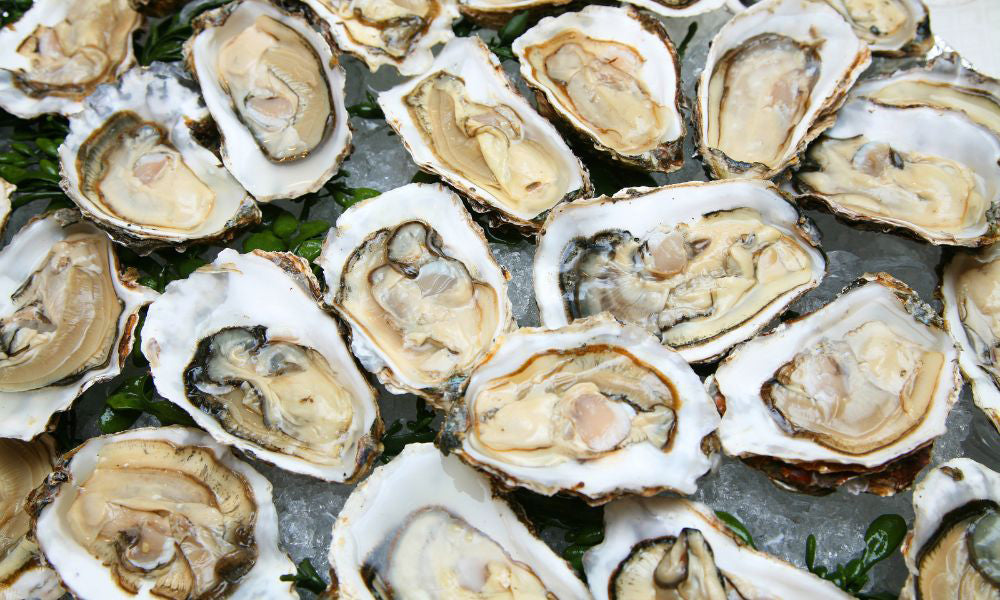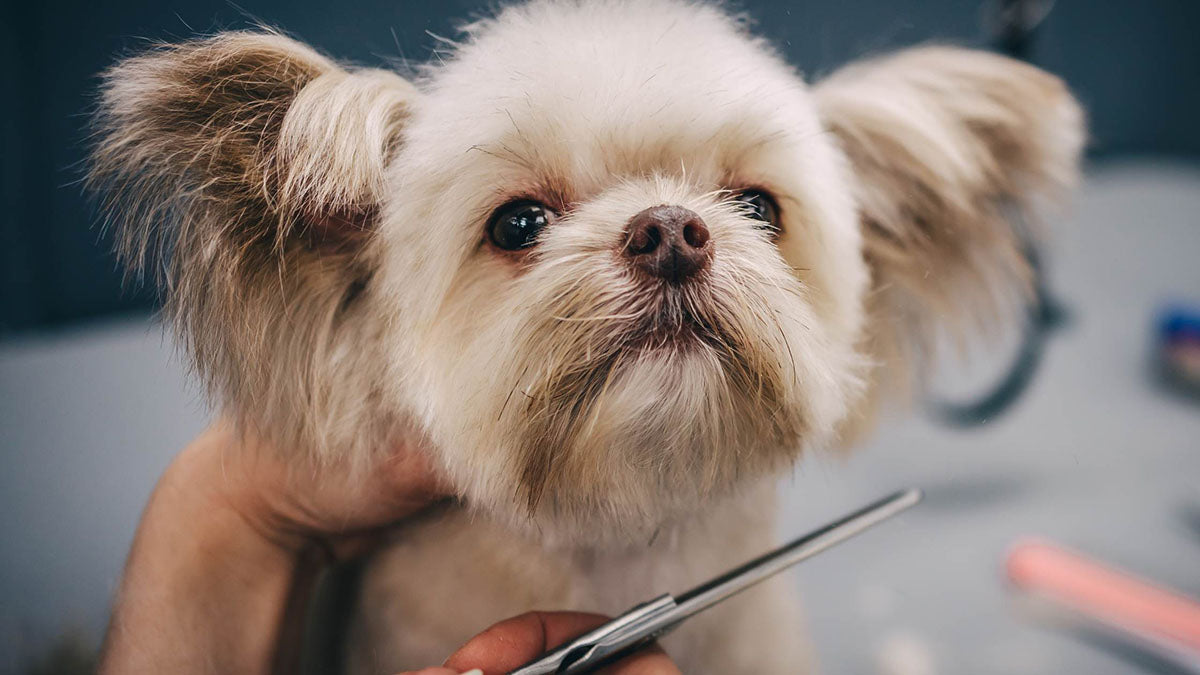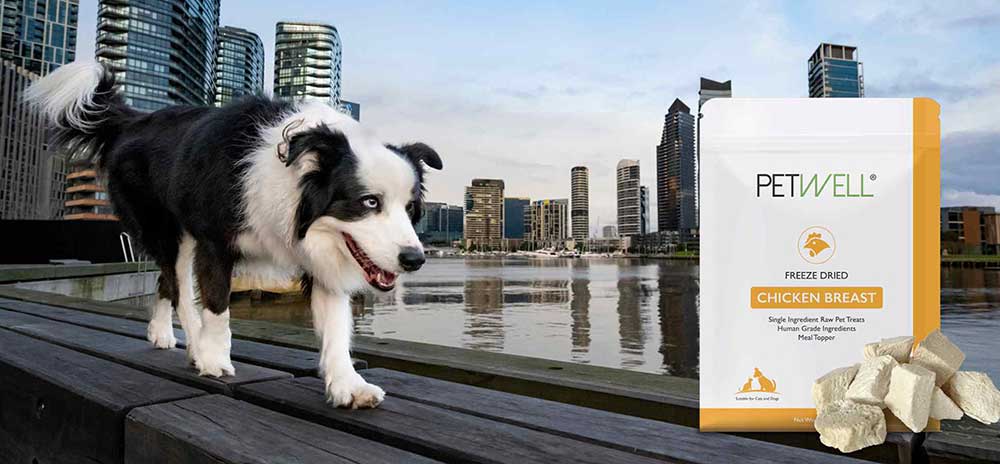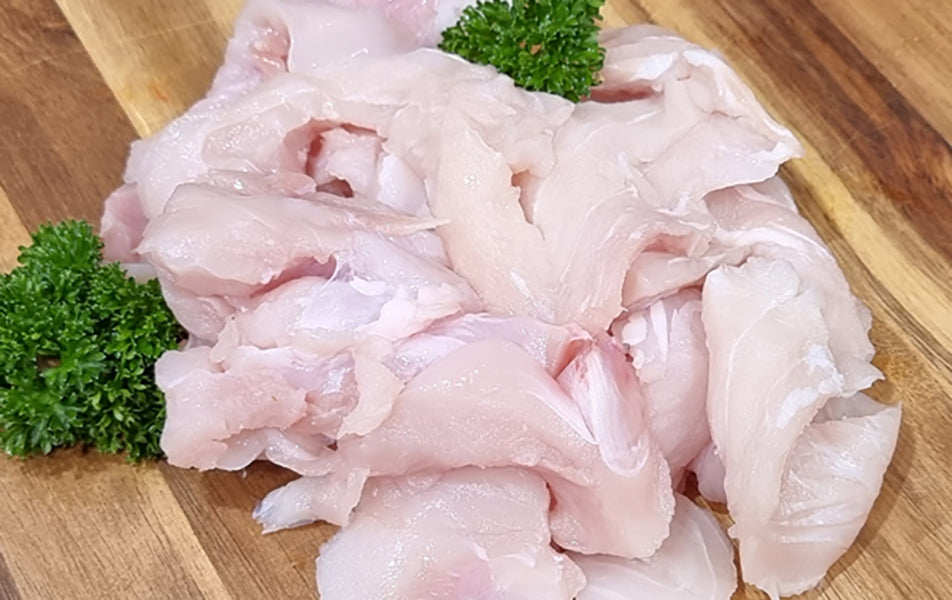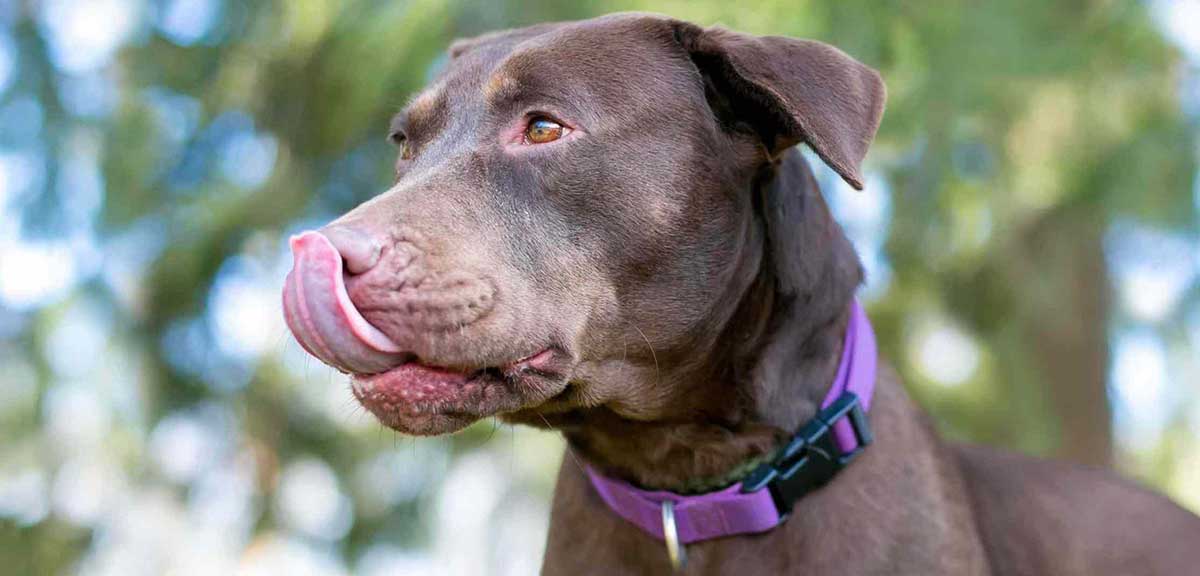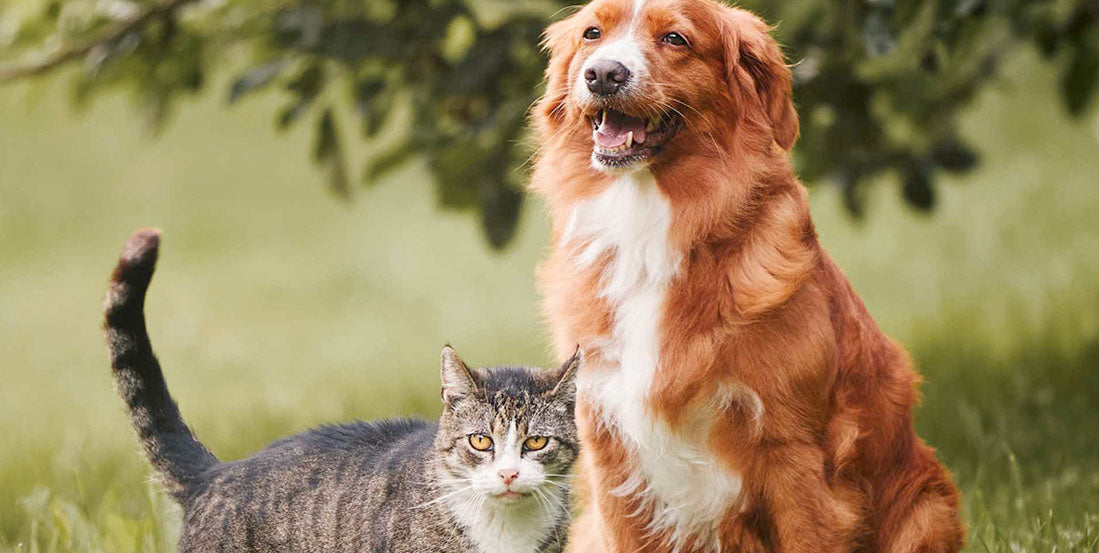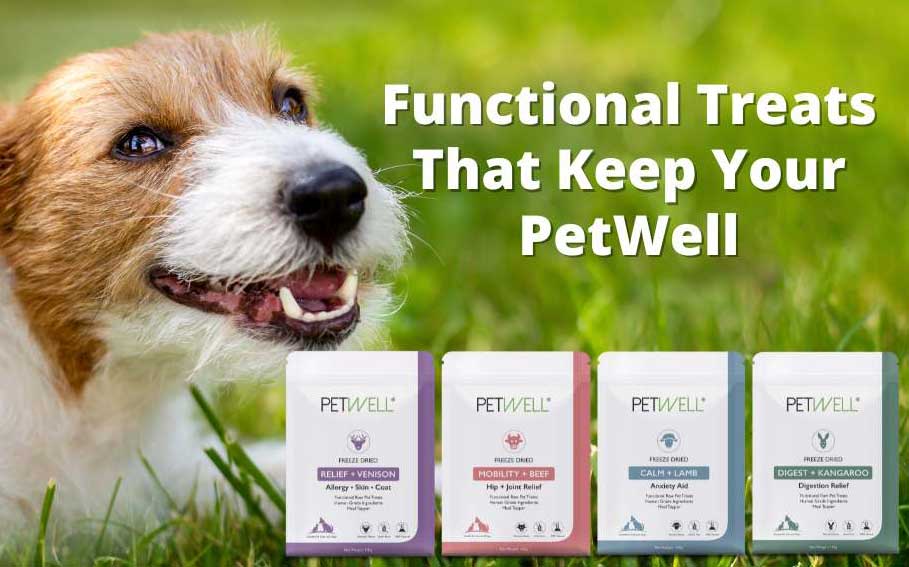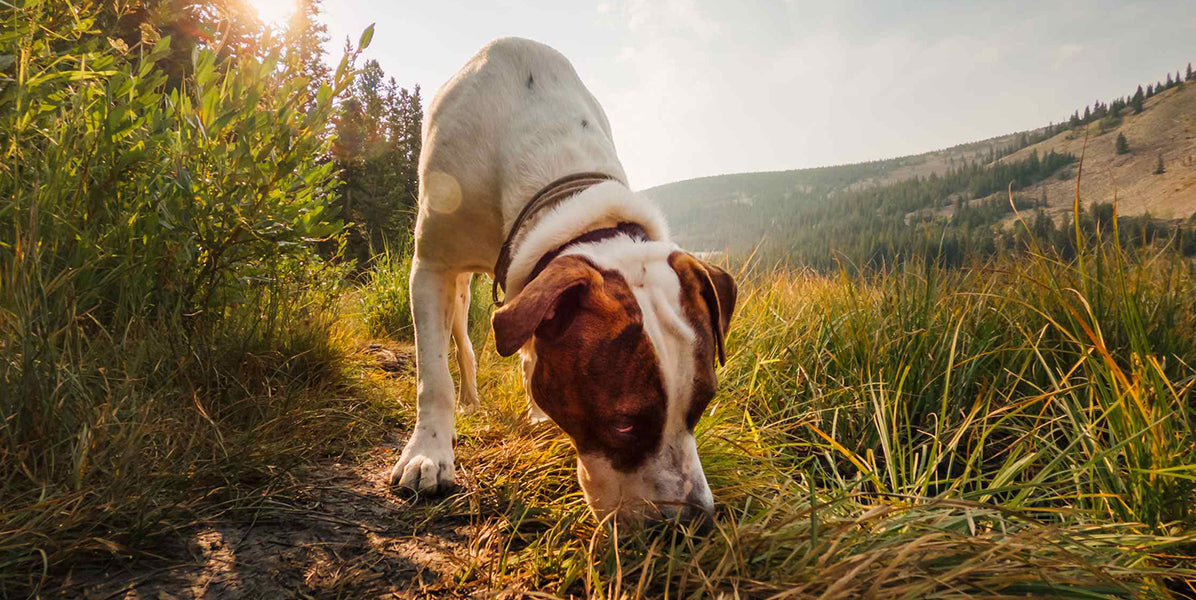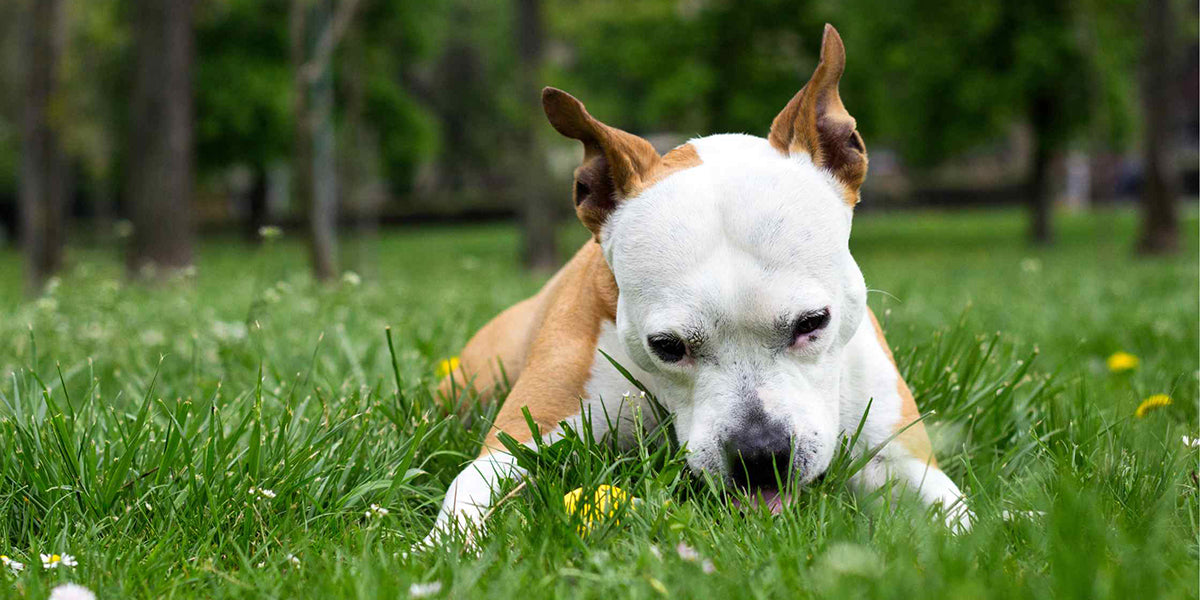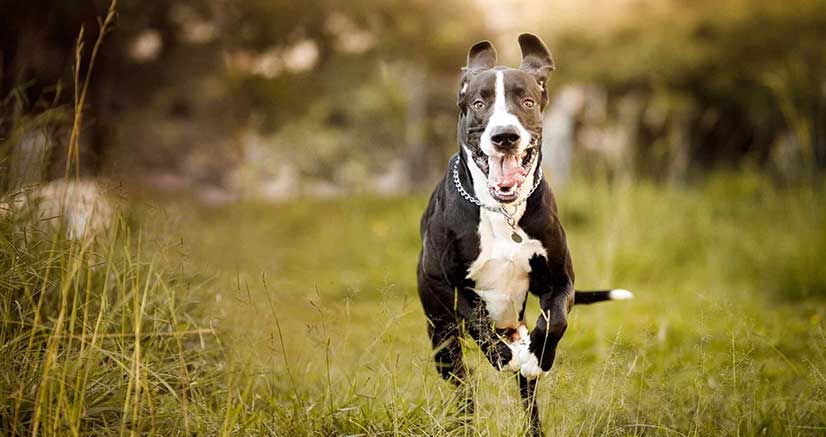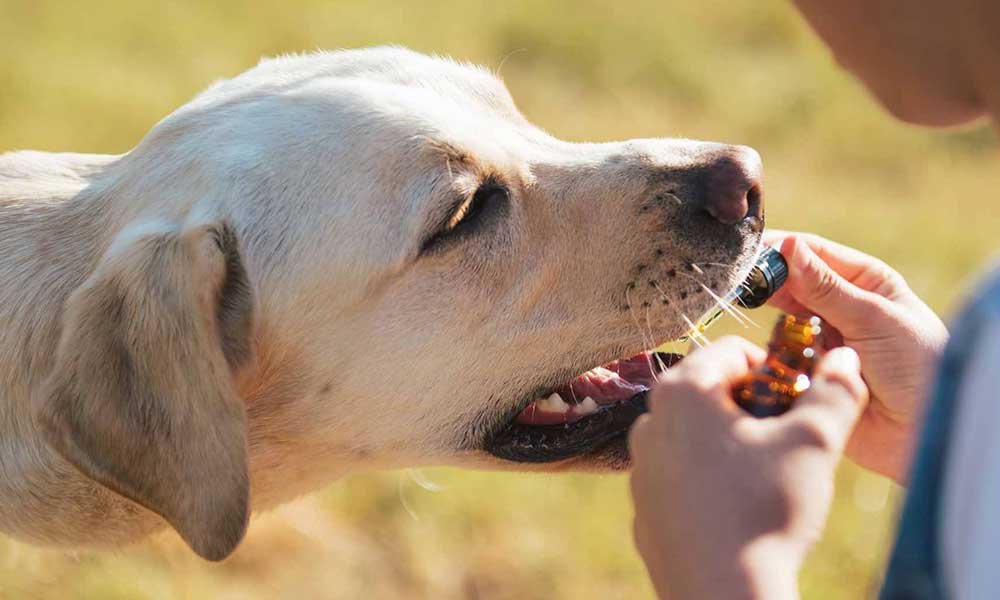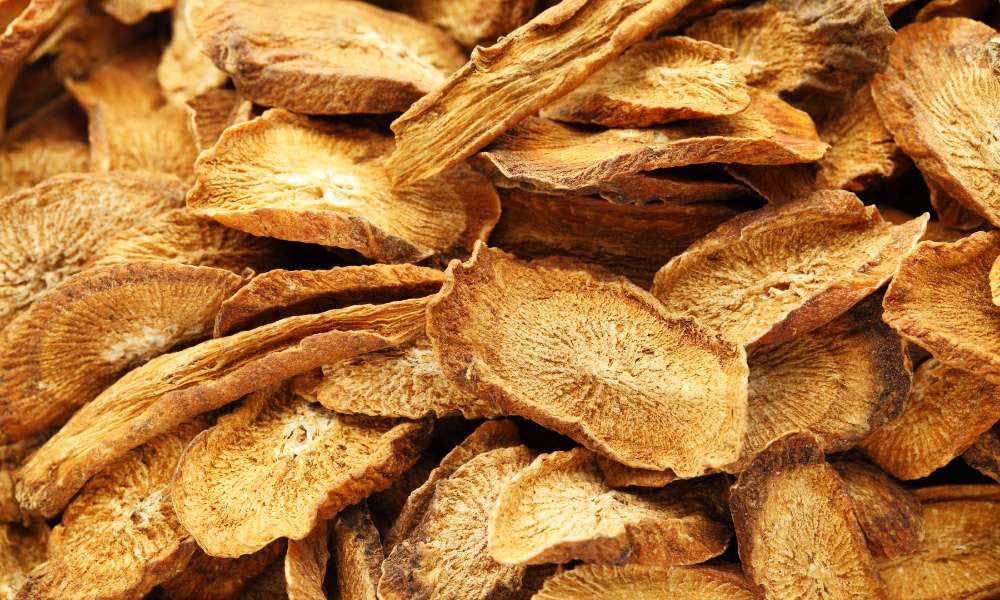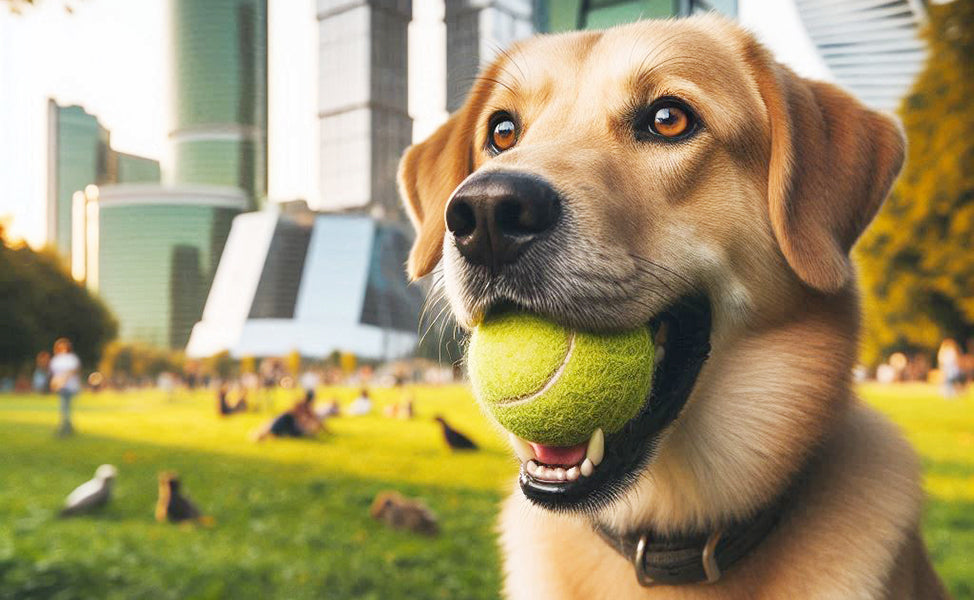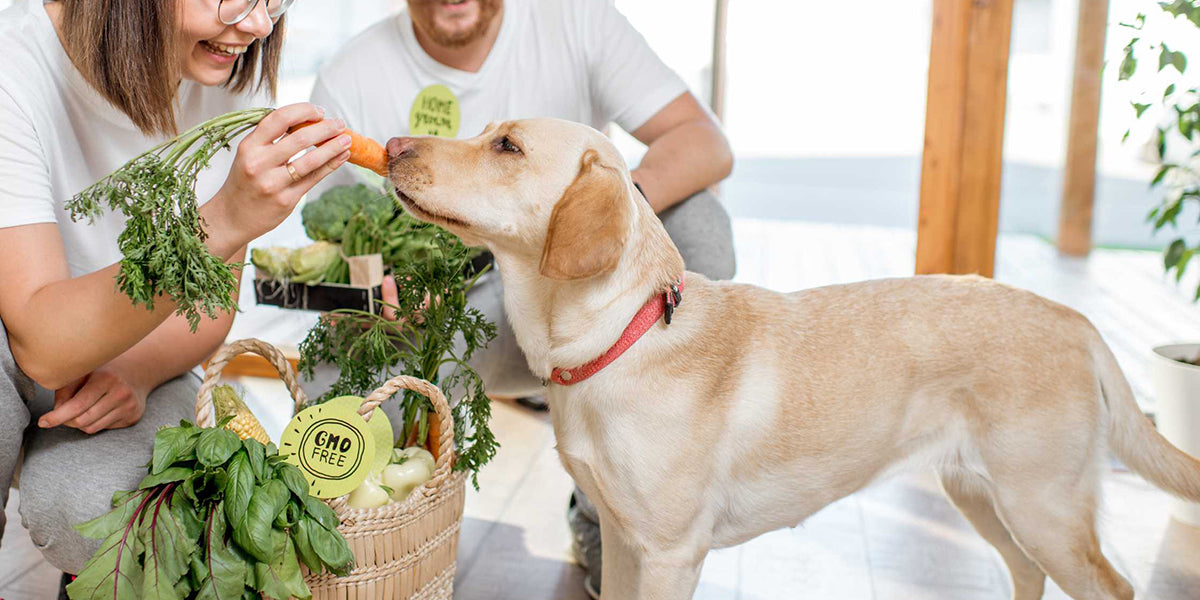Did you know there are many human foods you can give to your dog? As a pet owner, you're likely aware of the importance of providing your dog with a balanced and nutritious diet. While commercial dog food provides some nutrients, it's natural to wonder about sharing some of your own meals with your pet.
he good news is that there are many human foods that are safe and beneficial for dogs. In this blog, we'll explore these canine-friendly foods and discuss the importance of ensuring your pup's diet aligns with their carnivorous nature.
PetWell all-natural supplements and freeze-dried treats are created with the well-being of your pet in mind. There are no preservatives or synthetic ingredients.
Using exclusively human-grade ingredients, our products are carefully crafted to ensure they deliver the highest quality and health benefits for your fur family.
Understanding Your Dog's Carnivorous Nature
Before getting into the list of human foods suitable for dogs, it's crucial to acknowledge that dogs are natural carnivores. This means their bodies are primarily adapted to a diet rich in animal-based proteins and fats.
While dogs can tolerate a more varied diet than their wild counterparts, it's essential to prioritise foods that align with their carnivorous nature. This includes foods high in protein and no processed carbohydrates.
When introducing new foods to your dog, it's crucial to proceed gradually.
This ensures that your dog can adapt to the change without any digestive discomfort.
Human Foods for Dogs: What You Can Share with Your Canine
Lean Meats
Lean meats like chicken, turkey, rabbit, and lean beef are excellent sources of high-quality protein for your dog. They are easy to digest and can be a fantastic addition to your pup's diet. They love it raw or lightly cooked. If it is served cooked, be sure to remove any bones, avoid the use of seasonings, and spices, as these can be harmful to dogs.
Fish
Fish, especially fatty fish like salmon and mackerel, are packed with omega-3 fatty acids, which are excellent for your dog's skin, coat, and overall health. You can serve it cooked, just be sure to remove any bones to prevent choking hazards.
Vegetables
While dogs are primarily carnivores, many vegetables can provide valuable nutrients and fibre. Vegetables, such as carrots, pumpkin, and cauliflower can be safe and healthy additions to your dog's diet when steamed and pureed. Be cautious of vegetables like onions and leek, which can be toxic to dogs.
Read more about The Benefits of Vegetables in Your Dog’s Diet
Note: For your dog to fully harness the benefits of vegetables, it's advisable to present them in a pureed form. Pureeing vegetables enhances their nutrient absorption. When preparing pumpkin and sweet potatoes for your dog, always steam them before serving. This ensures optimal digestibility. Read more on How to Prepare Vegetables for Your Pet
Fruits
Fruits like apples, blueberries, and watermelon can be excellent healthy treats for dogs. These fruits are packed with vitamins and antioxidants. However, always remove seeds and pits, as they can be harmful.
Read more about The Benefits of Fruits in Your Dog’s Diet
Plain Greek Yoghurt
Plain, unsweetened Greek yoghurt is an excellent source of probiotics, which can promote a healthy digestive system in your dog. It's important to choose yogurt without any added sugars or artificial sweeteners.
Eggs
Eggs are a protein powerhouse that can benefit your dog. They are a rich source of essential amino acids, vitamins, and minerals. Serve eggs raw, boiled, or scrambled.

Peanut Butter
Unsweetened peanut butter can be a tasty and protein-rich treat for your dog. It's essential to ensure that it does not contain xylitol, a sugar substitute that is toxic to dogs.
Herbs
Certain herbs such as parsley, basil, mint, and coriander can provide massive health benefits for your dog while adding flavour to their meals.
Read more about 10 Herbs that are Good for Pets
When introducing new foods to your dog, it's crucial to proceed gradually. This ensures that your dog can adapt to the change without any digestive discomfort. Gradual transitions help maintain their digestive health and overall well-being.
Read for more A Guide to Safe and Healthy Foods for Dogs
In Summary
Sharing your meals with your dog can be a fun and bonding experience. However, it's crucial to prioritise foods that are not only safe for dogs but also aligned with their carnivorous nature.
Remember, to avoid sharing foods that may be toxic to dogs, such as chocolate, grapes, and onions. Here is a list of toxic foods for dogs.
Disclaimer
The entire contents of this email and website are not to be taken as medical advice. PetWell encourages you to make your own pet healthcare decisions based on your research and in partnership with a qualified pet healthcare professional.
